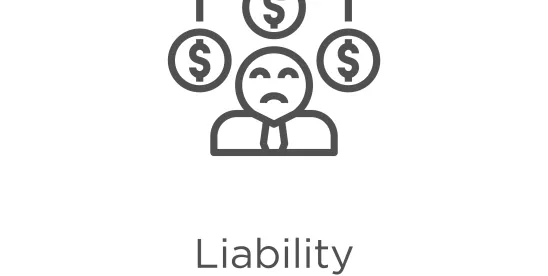Nevada famously limits directors and officers from personal liability. However, it would be an overstatement to say that Nevada is a "liability free" jurisdiction. For example, the Nevada Supreme Court recently held that directors and officers of a parent corporation can breach their duty of loyalty if they purposely cause, or knowingly fail to make efforts to stop, action by a wholly-owned subsidiary that is adverse to the interests of the parent corporation and its stockholders. Capital Advisors, LLC v. Cai, 140 Nev. Adv. Op. 34 (May 23, 2024).
Some key takeaways from the the Court's holding are:
- The liability of directors and officers is separate and apart from the claims based on the alter ego doctrine.
- Directors and officers may be sued in a derivative action because the "theory of liability runs from the directors and officers of the parent company to the corporation itself.
- A breach of fiduciary duty can occur even if the the challenged actions are implemented a wholly owned subsidiary that is separated by one or more intermediate wholly owned subsidiaries.
If the Court's holding sounds familiar, it is because the Court leaned heavily on then Vice Chancellor Leo Strine's ruling in Grace Bros. v. Uniholding Corp., 2000 WL 982401 (Del. Ch. July 12, 2000).
The Capital Advisors and Grace Bros. decisions implicitly assume that an individual director or officer of a parent corporation has the power to stop the actions of a subsidiary. However, as with any corporation, the management of the business and affairs of the subsidiary rests ultimately with its board of directors. If corporate governance principles are followed, a parent corporation's authority is that of a sole stockholder with the power to remove and replace the subsidiary's board. Persons who directors or officers of only the parent corporation have no authority to order a subsidiary to act or refrain from acting.



 />i
/>i

